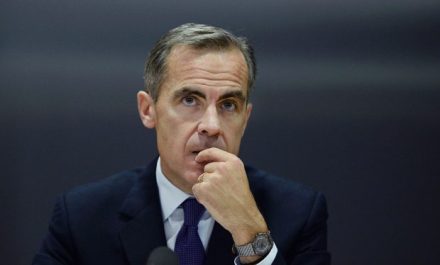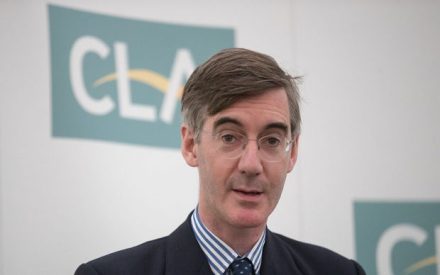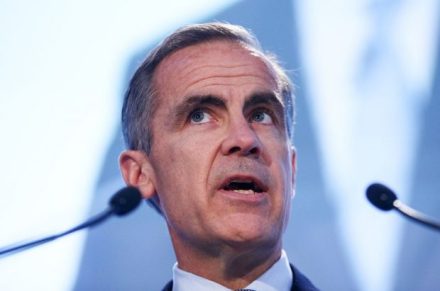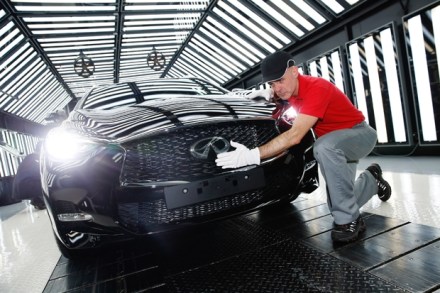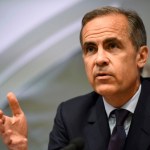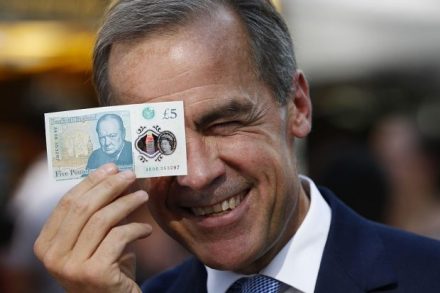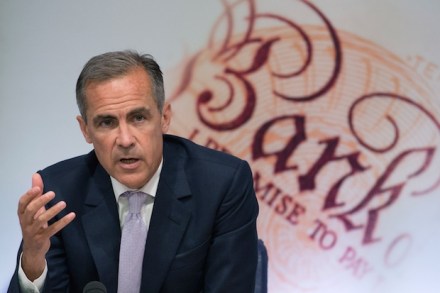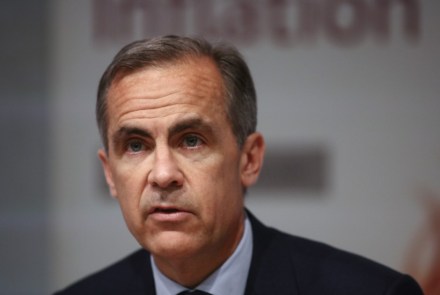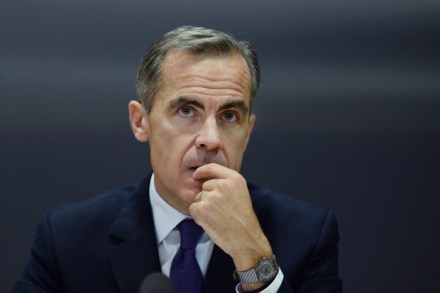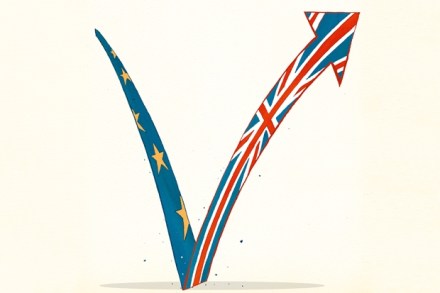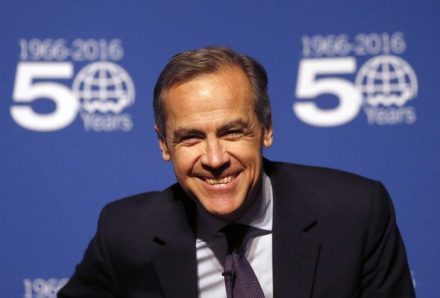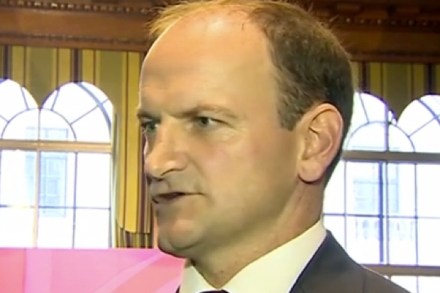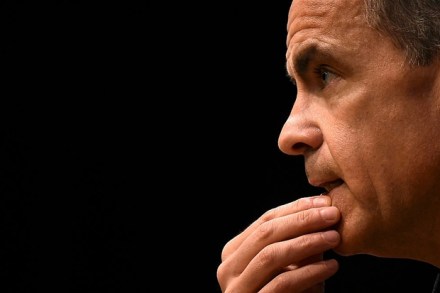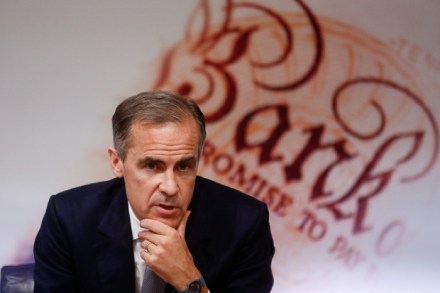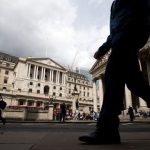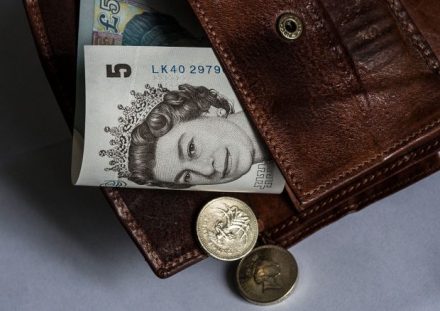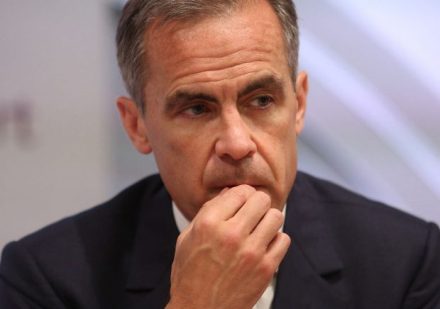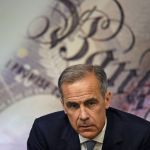What the papers say: Should Carney stay?
Mark Carney’s appointment in 2013 as Governor of the Bank of England was almost universally applauded. Yet more recently Carney has become something of a divisive figure. His interventions during the referendum campaign angered many. While his economic policies have also come in for criticism, leading some to call for Carney to quit. So should the Bank of England chief listen to his critics or is it best for Britain’s economy that he stays put? The Daily Telegraph says Carney has been hit by ‘referendum shockwaves’ and suggests that the attacks levied against him during the referendum – whether true or not – have undoubtedly placed him in an uncomfortable position.
